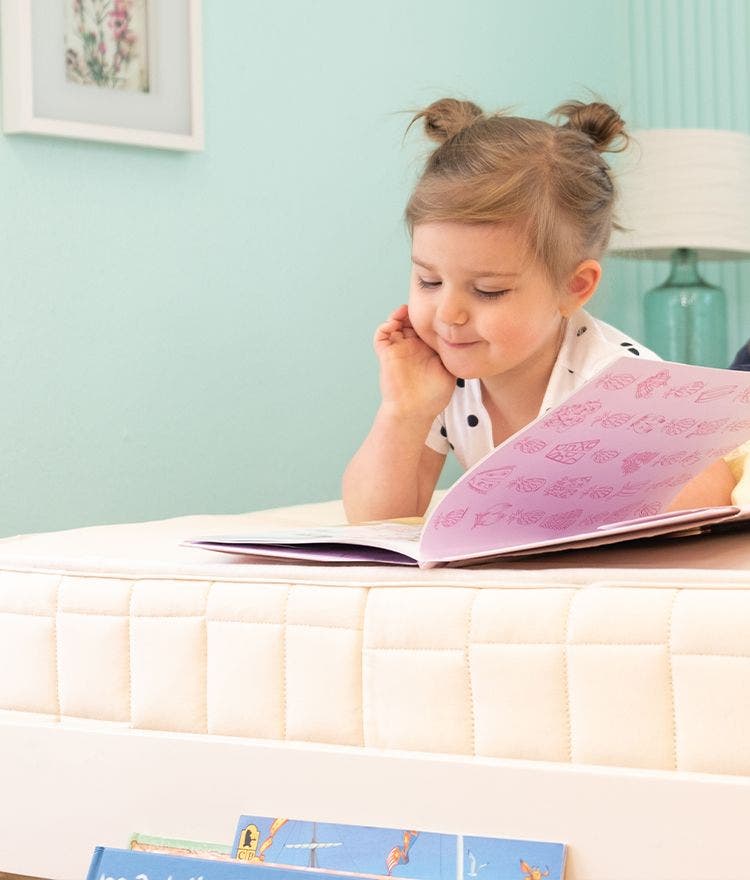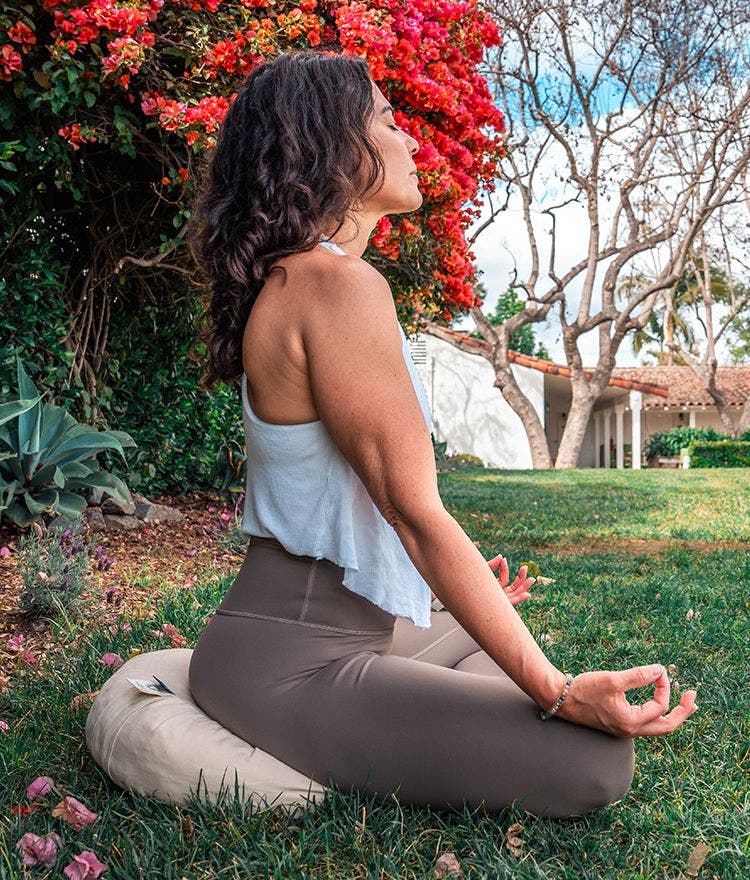-
 BABY
BABY
-
 KIDS
KIDS
-
 ADULT
ADULT
-
 LEARN
LEARN
-
 STORES
FIND A STOREFEATURED GALLERIESNew York City Los Angeles Brooklyn Irvine Washington D.C. San Diego Boston Downtown San Francisco Boston Metro Silicon Valley Atlanta Marin - San Rafel Chicago Peninsula Minneapolis Denver Dallas Portland Dallas-Frisco Scottsdale Dallas-Southlake Seattle-Bellevue Cleveland Toronto-Leaside Charlotte Toronto-Oakville Greenwich Vancouver West Palm Beach
STORES
FIND A STOREFEATURED GALLERIESNew York City Los Angeles Brooklyn Irvine Washington D.C. San Diego Boston Downtown San Francisco Boston Metro Silicon Valley Atlanta Marin - San Rafel Chicago Peninsula Minneapolis Denver Dallas Portland Dallas-Frisco Scottsdale Dallas-Southlake Seattle-Bellevue Cleveland Toronto-Leaside Charlotte Toronto-Oakville Greenwich Vancouver West Palm Beach
Search
Naturally Speaking
By Naturepedic
Put your questions to rest. From organic sleep solutions to healthier home tips to sustainable parenting, our blog is the place to find inspiration, insights and expert advice to help you live a more intentional, well-rested life – naturally.
The Sleep Better Blog
Sleep is essential – but better sleep? That’s transformative. Whether you're seeking better rest, better peace of mind as a parent or better bedding choices for your home and the planet, you've come to the right place. Explore expert sleep advice, chemical education, parenting tips and mattress guides to help you achieve rest at its best.
ARTICLES WE LOVE













